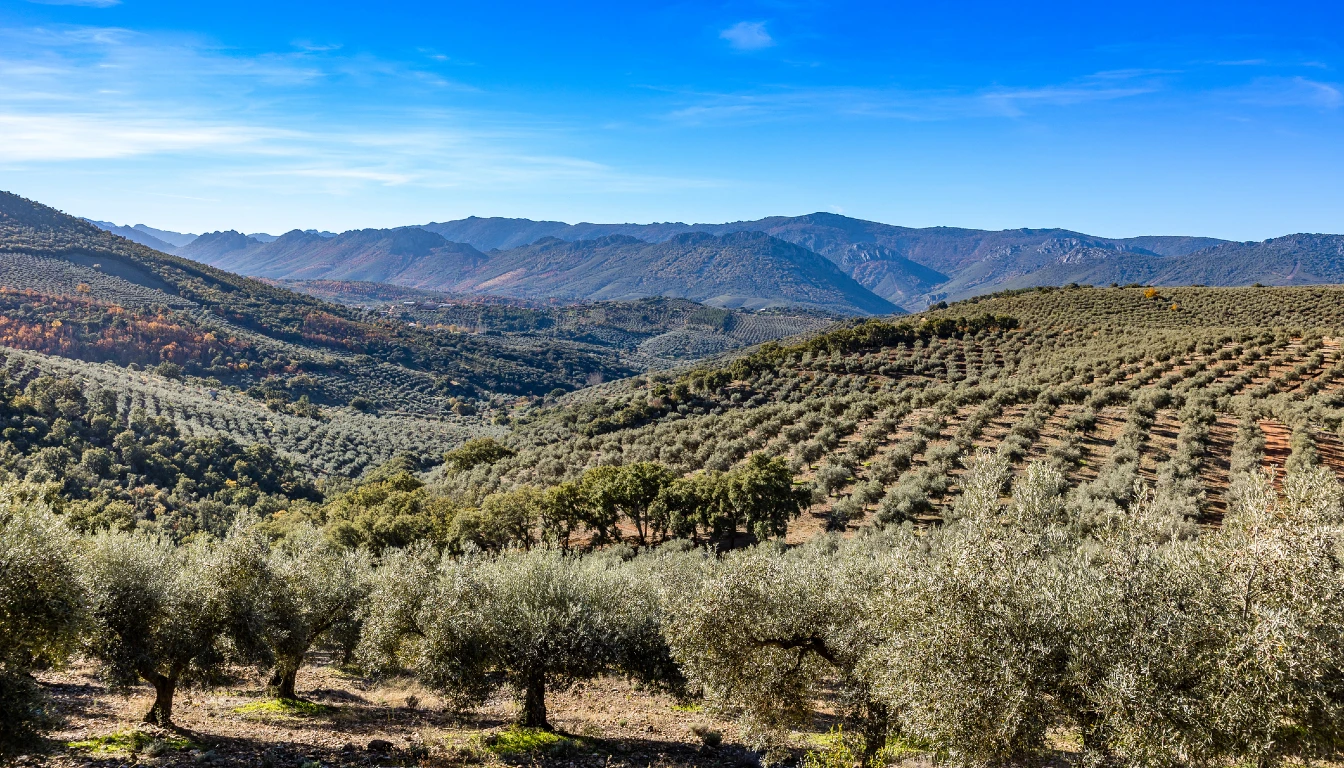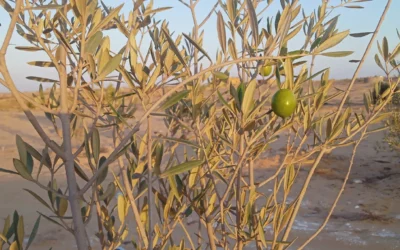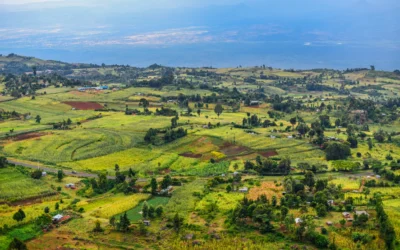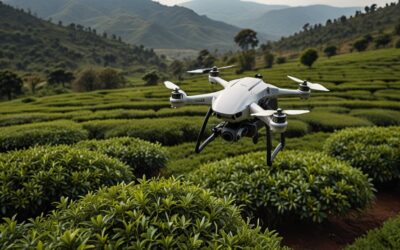CSN talks to Ilia Lotarev, CMO at Olivabot about how the company uses cutting edge technology to reduce crop losses and optimise production for olive farmers.
What is the problem that your company is solving, and why is it important to do so?
Olive farming is critical in many regions, but small and medium-sized farms often struggle with crop losses due to factors like drought and pests. Unfortunately, they lack access to advanced agricultural technologies that larger farms can afford.
This issue has far-reaching consequences, affecting food security, economic resilience, and local farming ecosystems. OlivaBot aims to change that by making plant health analysis and predictive technology accessible to small farms. This empowers them to make data-driven decisions that reduce crop losses and optimize production.
By addressing this problem, OlivaBot can help protect farmers’ livelihoods and create a more sustainable agricultural landscape, especially in regions vulnerable to climate change. The goal is to support the hardworking individuals and communities at the heart of olive farming, ensuring they have the tools to overcome environmental challenges and contribute to a secure food system.
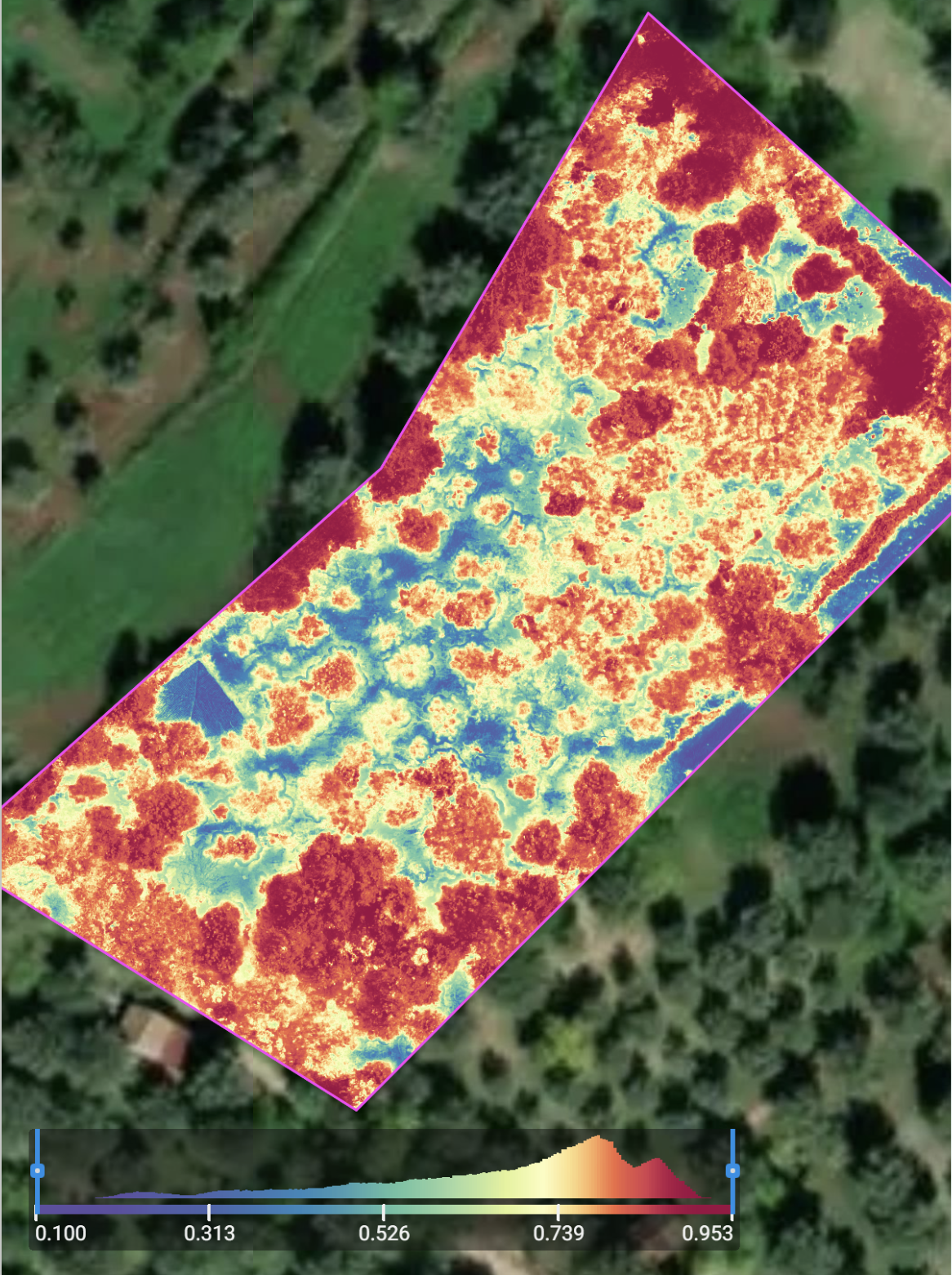
Computer vision technology provides early warnings and actionable insights into crop health.
What technology/innovation are you bringing to this field?
OlivaBot leverages a combination of on-premise plant analysis and computer vision technology to provide early warnings and actionable insights into crop health. By using machine learning-powered analysis of drone footage, the technology can detect early signs of potential issues such as water stress, pest infestations, and nutrient deficiencies, allowing farmers to intervene proactively. This innovation is particularly transformative for smaller farms, which typically lack access to such sophisticated tools.
The benefits are twofold: farmers can increase yield by preventing losses and reduce the need for extensive pesticide and water usage, creating a more environmentally friendly and cost-effective approach. By lowering operational costs and improving yield, OlivaBot’s technology has the potential to drive down food prices across the EU market and foster a greener, more efficient agricultural sector.
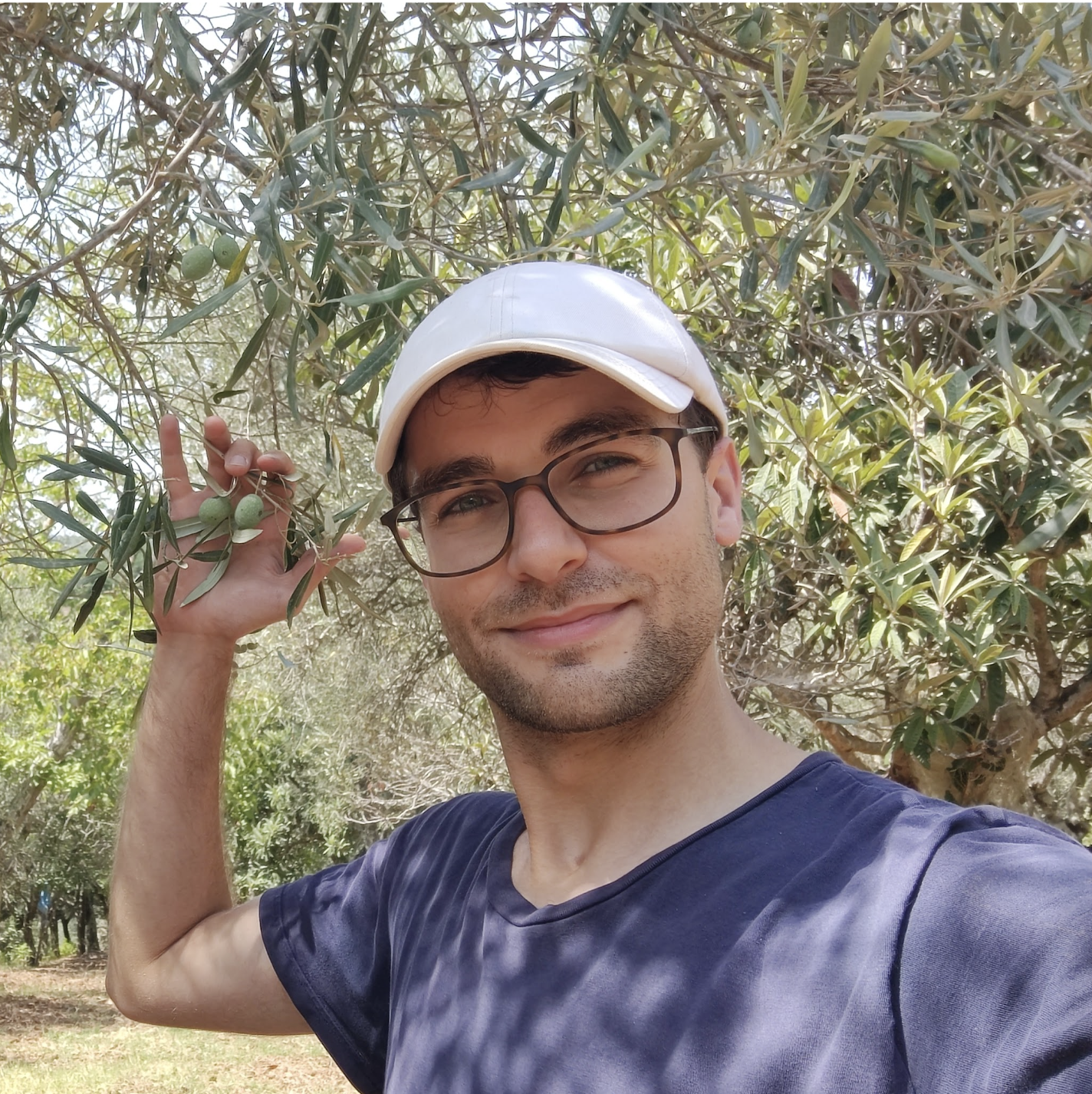
Tony Currà, CEO of Olivabot.
What stage of commercialization are you at? Who are your backers?
OlivaBot is just starting to commercialise its product. They’ve managed to secure some initial funding from the Amsterdam Academic Angel Fund, which has allowed them to develop a minimum viable product (MVP) and acquire the key equipment needed to bring their offering to life. That’s an important first step, but they’re not stopping there.
Right now, OlivaBot is in the process of running two proof-of-concept (PoC) projects with olive farms in the Mediterranean region. These PoCs will let them validate their technology in real-world conditions and get valuable feedback to further refine their product. Having that early validation and backing from initial investors is crucial as OlivaBot prepares to raise their next round of funding.
With the MVP developed, the necessary equipment in place, and the PoCs underway, OlivaBot is now gearing up to scale up their operations and expand the reach of their solution. It’s an exciting time for the company as they transition from the early development phase into the next stage of commercialization.
How does your product or service contribute to environmental sustainability?
OlivaBot demonstrates how data-driven farming can enhance environmental sustainability. By equipping farmers with precise information about plant health, soil moisture, and pest activity, OlivaBot enables targeted use of resources like water, fertilizers, and pesticides. This optimization reduces waste and lowers the ecological footprint of agricultural operations.
The platform’s data-driven approach also supports more resilient farming practices. With real-time insights, farmers can make informed decisions to maintain soil health and biodiversity, rather than relying heavily on chemical interventions. As more small and medium-sized farms adopt OlivaBot’s solutions, the cumulative impact on local ecosystems and climate adaptation efforts could be substantial.
Accessible sustainable farming technology like OlivaBot empowers a wider range of agricultural producers to adopt environmentally-conscious practices. This accessibility is crucial for driving widespread change and addressing global environmental challenges through localized, data-driven improvements in resource management on the farm.
What are the key challenges that you face?
Technological Novelty: The advanced nature of OlivaBot’s computer vision and drone-powered analysis is still relatively unknown in its target markets, where traditional farming practices are deeply ingrained.
Market Reach and Localization Needs: Many potential customers are in rural areas, often preferring communication in their native languages (Italian, Spanish, or Greek), and may have limited access to online resources, making digital outreach challenging. This requires OlivaBot to establish a local presence or work with regional partners for effective engagement.
On-Premise Presence: The analysis relies on drone footage, necessitating physical visits by team members or trained local partners to operate drones and collect data. Coordinating this process and ensuring data consistency poses logistical challenges.
What do you need to overcome them?
Development Funds: To continue improving and adapting the AI and computer vision features, OlivaBot needs a dedicated R&D team. This will ensure that the technology remains cutting-edge and capable of handling diverse and complex farm environments.
Business Development Resources to support the expansion of PoCs and the acquisition of new clients. By showing the technology’s effectiveness across different geographies and farming setups, OlivaBot can build credibility and refine its value proposition.
Marketing and Advertising Funds to build awareness and demand for its innovative solution and to effectively reach farmers in the Mediterranean and other rural regions. Demand generation will be key to establishing a sustainable customer base and scaling the technology to a larger audience.
With these resources, OlivaBot can accelerate its commercialization and bring meaningful impact to the agricultural sector, benefiting farmers, consumers, and the environment alike.

